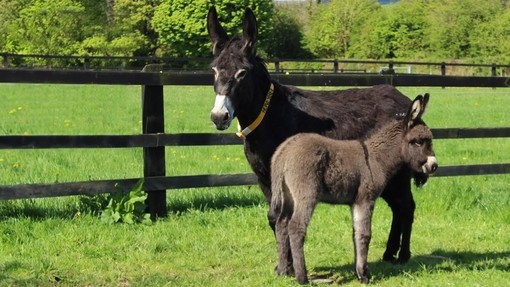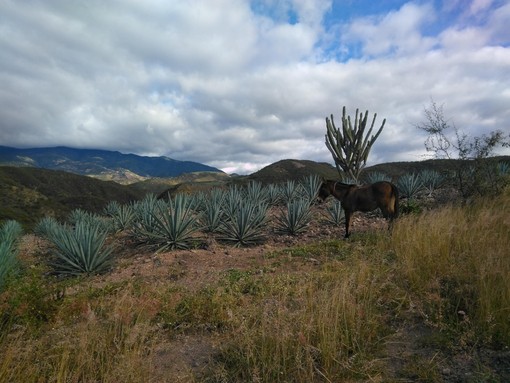
Learn more about our welfare partnerships across the Americas.
In our expert interview series, we learn what it takes to be an animal rights campaigner with Dr Patricia Tatemoto and understand how she’s advancing a ban on the donkey skin trade in Brazil.

This month, we called on Brazil to pass landmark legislation during the G20 summit that would prohibit the slaughter of their culturally important and genetically unique donkeys.

Calls to protect Brazil’s unique donkeys from brutal skin trade gather pace ahead of G20 Summit.

This week, we welcomed the inclusion of the donkey skin trade in a new e-learning course on the illegal wildlife trade launched by the International Maritime Organisation (IMO).

The Donkey Sanctuary’s latest report on the skin trade reveals that at least 5.9 million donkeys are now slaughtered every year to meet escalating demand for ejiao, a traditional Chinese medicine, made using their skins.
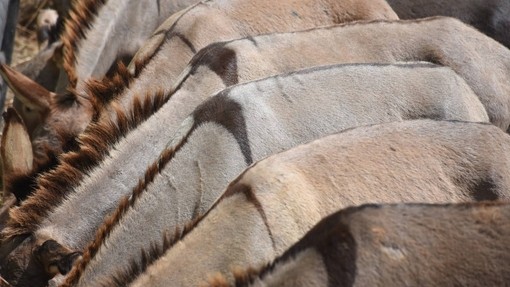
Proposals to stop the slaughter of donkeys and the export of their skins in Brazil and every country in Africa in early 2024 have moved a step closer thanks to the tireless work of The Donkey Sanctuary and partners on both sides of the Atlantic.
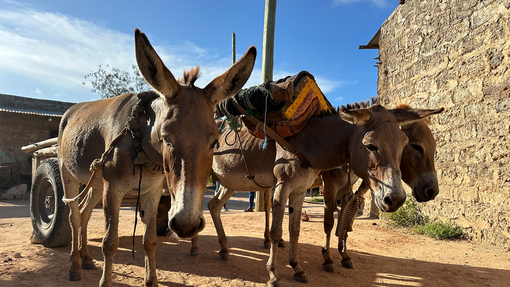
This International Day for the Eradication of Poverty (17 October), we spoke with José Legarreta from our Latin America and the Caribbean team about the importance of donkeys and mules to rural communities in Mexico.

New research by the University of Portsmouth and The Donkey Sanctuary found that working equids whose owners believe they feel emotions have significantly better health and welfare outcomes than those whose owners do not.
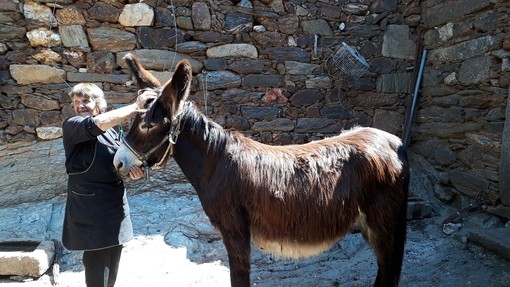
The Donkey Sanctuary recently held a workshop with The Nature Conservancy in Canoas, northern Mexico, to explore ways of improving the welfare of donkeys and mules supporting an impoverished community working in forestry conservation.
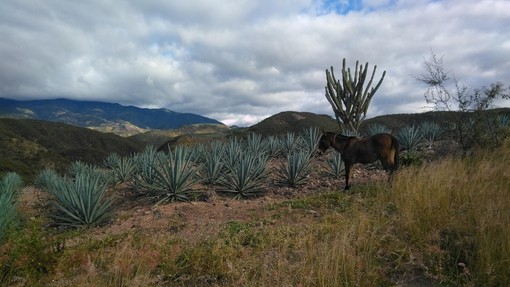
Where we work
The latest updates from our work across England, Wales, Scotland and Northern Ireland.



